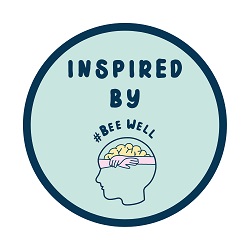About the Youth Wellbeing Census
 The results of the Havering Youth Wellbeing Census have now been published on the Havering Data Intelligence Hub.
The results of the Havering Youth Wellbeing Census have now been published on the Havering Data Intelligence Hub.
The Havering Youth Wellbeing Census is part of Havering Council’s commitment to amplifying the voice of young people in the borough.
The census was based on the #BeeWell survey and locally adapted and delivered by UCLPartners in collaboration with Havering Council.
The #BeeWell survey was originally developed as part of the #BeeWell programme, an initiative originating in Greater Manchester that combines academic expertise with youth-led change to make the wellbeing of young people everybody’s business.
The Havering Youth Wellbeing Census used core questions from the #BeeWell survey, plus additional questions to meet locally identified needs as voiced by Havering’s young people and the local organisations and services that support them.
Contact us
For any enquiries about the Havering Youth Wellbeing Census or the Havering Youth Wellbeing Steering Group, please contact youthwellbeing@havering.gov.uk.

